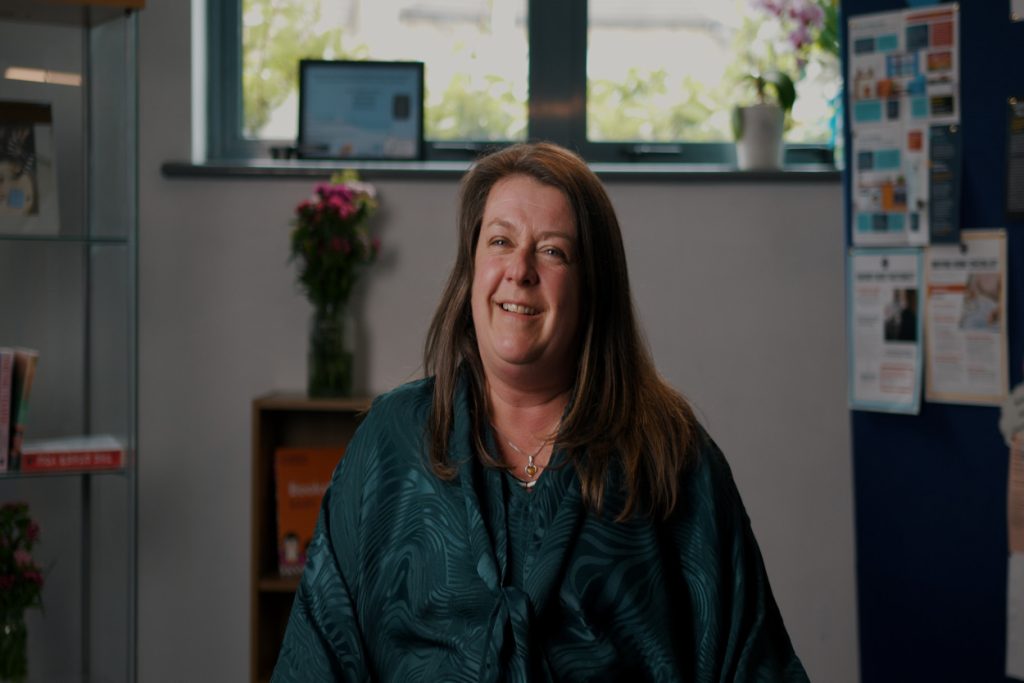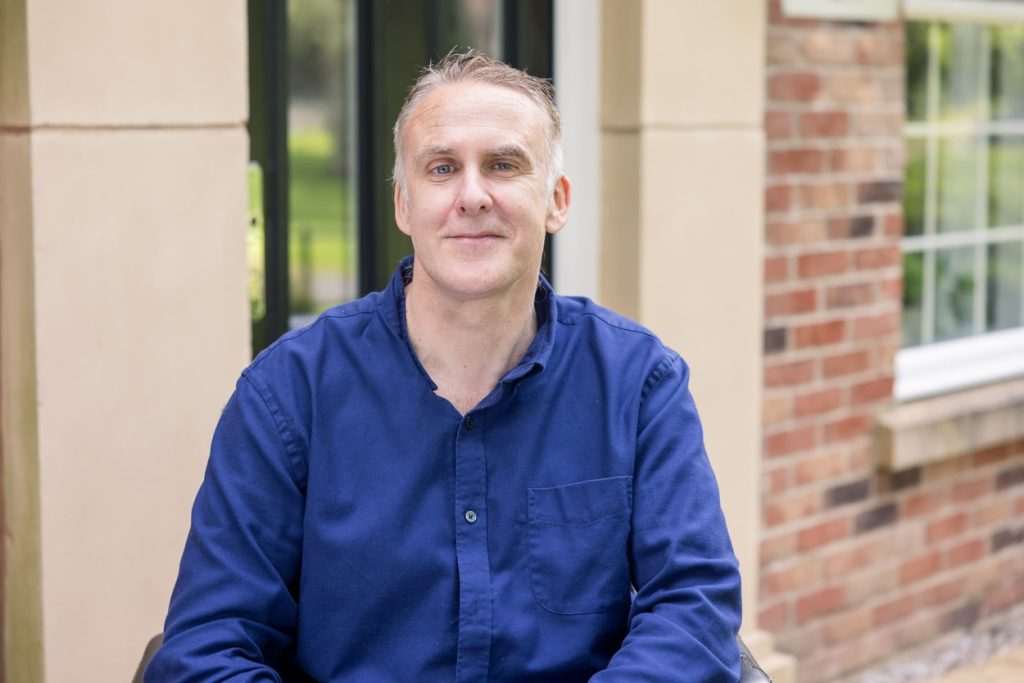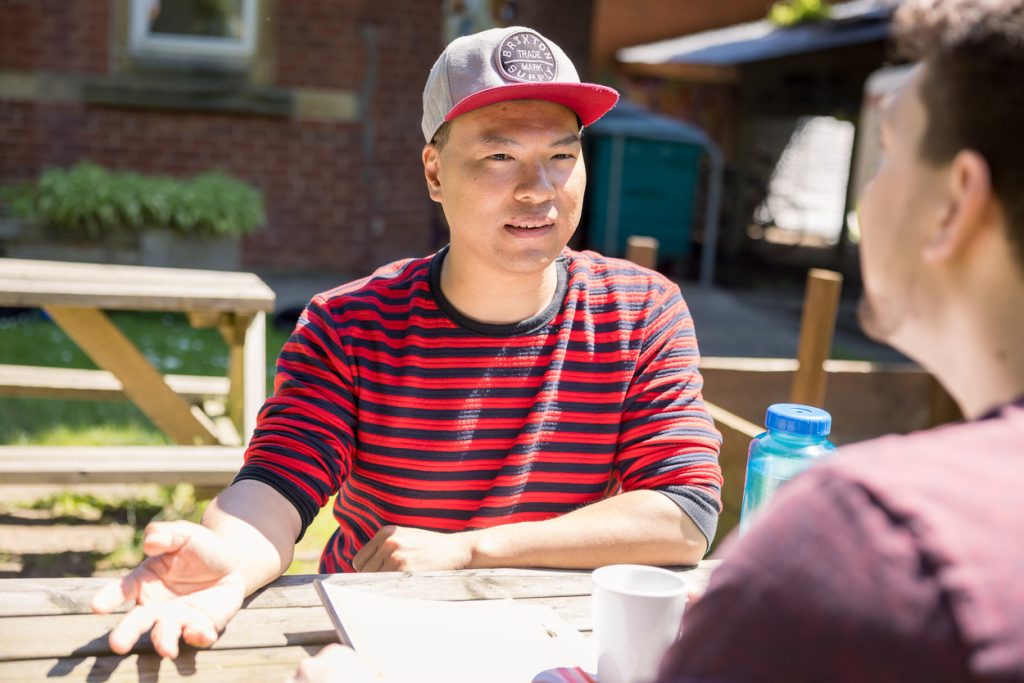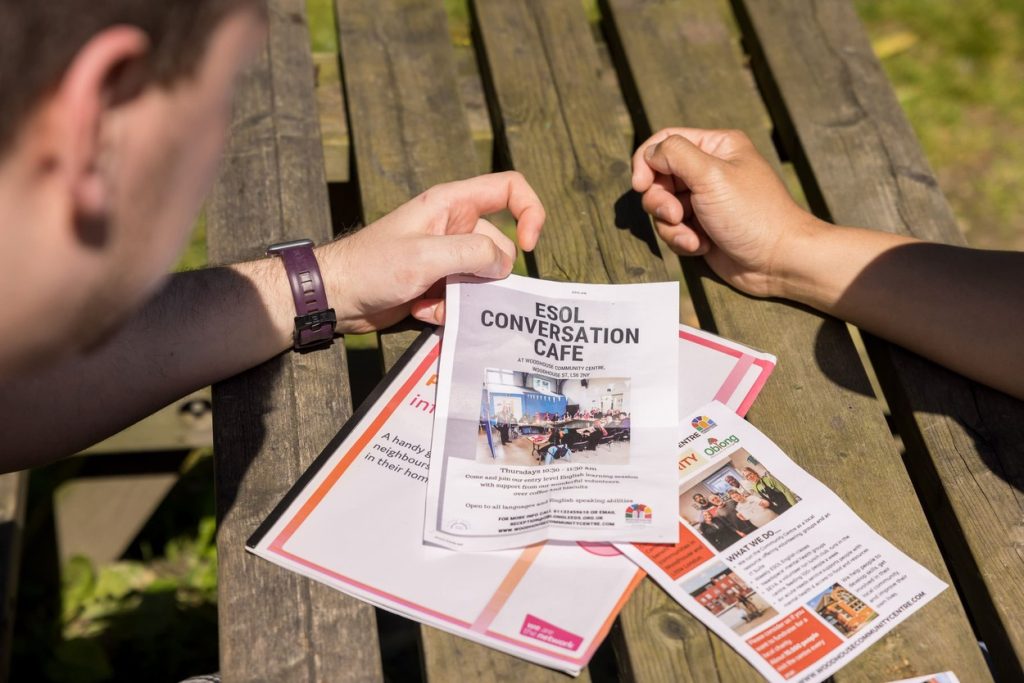Priority customers are those whose circumstances have led to them needing extra support. Circumstances that may lead to vulnerability are varied, often transient and not always personally identified by the individual concerned. Hard to reach customers are people who, due to circumstances, are likely to miss, or not fully understand communication from us. This may be down to reasons such as, but not limited to, living circumstances, cognitive ability or language. Within these groups there is a specific category of customers who qualify for the Priority Services Register (PSR). The qualifying criteria includes people with disabilities, cognitive impairment, families with children under five, people aged 65 and over, people who don’t speak English as a first language. We recognise that some people may not want to be labelled as ‘vulnerable customers’, however the term allows us to discuss the topic openly and ensure that we’re doing everything we can to effectively support those who need help most.

Welcome to the Neighbourhood Pipeline
Download the toolkitOur community initiative to encourage people and community organisations to help pass on information about staying safe and warm at home to our hard-to-reach, priority customers.
Pledge your support by downloading our Neighbourhood Pipeline toolkit packed full of safety advice and pass it on to neighbours, friends or family who you think could benefit.
How can you get involved?
To inspire neighbourly action, we’re asking you to pledge your support to help community members who may need extra support by downloading our information pack and passing on information about:
Carbon monoxide & gas safety
How to stay gas and carbon monoxide safe and what to do in an emergency.
Energy efficiency
How to make their homes more energy efficient and cut down their energy bills.
Support available
What they should do if they need additional support.
Priority Services Register
How to sign up for the Priority Services Register.
Some of our priority customers might not have access to a computer to access online information. They might not be able to read the leaflets we post through their door. They might not understand the language we write in. But they might trust a good neighbour or someone who runs a community group or place of worship they attend, and be grateful for the potentially life-changing information you have access to.
Hear from our people
Popular questions
We want to build community relationships to maximise our ability to reach those customers who most need our support. No one really cares about who their gas network is in day-to-day life, but finding out who we are in an emergency may be too late. By increasing awareness of the services that we provide, we can promote them more efficiently to those who will benefit. That’s why we’re asking you to get involved – if you can help us pass on these safety messages to customers, we can reach more people and make a real difference.
Yes, to order a printed copy, please click here and fill in your name and address so we can post one to you.
In numbers
of people have helped a neighbour out.
of people have asked a neighbour for help.
of people say their relationships with their neighbours has improved since the pandemic.








